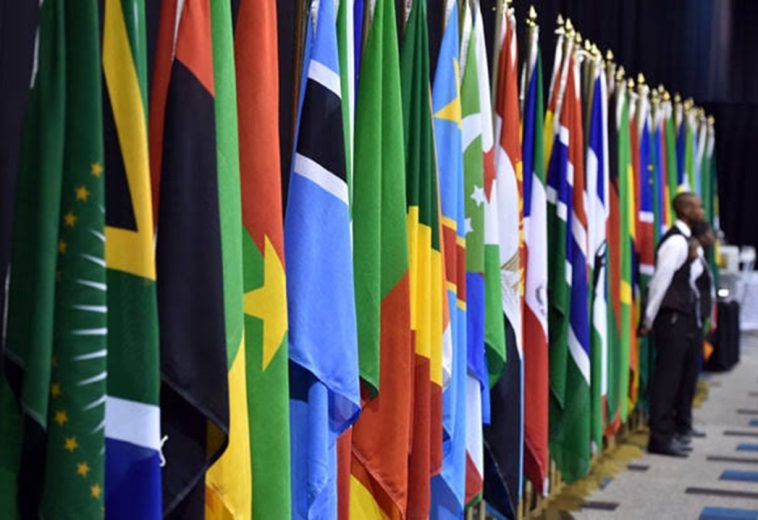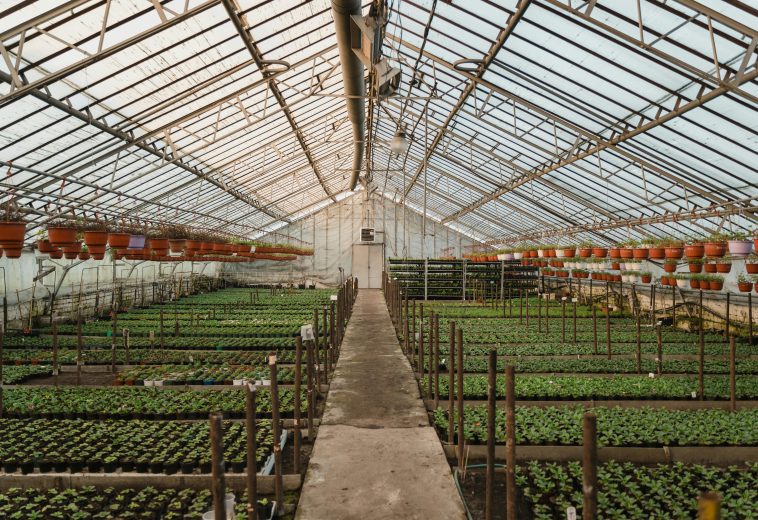Africa is rising, not just through conventional methods, but through a wave of innovative solutions that are reshaping the development landscape. Across the continent, creativity and forward-thinking are driving sustainable growth, breaking down barriers that once hindered progress. From mobile banking in rural Kenya to solar energy in Rwanda, innovation is becoming key to addressing poverty, creating new opportunities, and ensuring that Africa’s future is brighter, more prosperous, and inclusive.
M-Pesa: Revolutionising Financial Inclusion
Launched in 2007, M-Pesa revolutionised financial inclusion in Kenya and later expanded across East Africa. What began as a simple money transfer service has since evolved to allow payments, savings, and even loans. By bypassing the need for traditional banking infrastructure, M-Pesa has empowered millions, especially in rural and underserved areas, providing access to financial services.
READ ALSO: CSR on Rural Development and Poverty Alleviation in Africa
Impact on Poverty: Over 50 million users now rely on M-Pesa, with studies showing that it has helped lift approximately 2% of Kenyan households out of extreme poverty, primarily through better access to money transfers, loans, and business expansion. By offering a platform for financial empowerment, M-Pesa has had a profound effect on economic mobility.
Harnessing Renewable Energy: Rwanda’s Solar Power Revolution
Rwanda’s Gigawatt Global solar project is one of the continent’s largest solar fields, providing renewable energy to thousands of homes and businesses in rural areas. This initiative is part of Rwanda’s broader strategy to ensure affordable and sustainable energy for its population.
Impact on Poverty: Increased access to electricity has opened up new economic opportunities, from supporting small businesses to improving the quality of education and healthcare. With power now available, rural populations can engage in productive activities that were previously unattainable, helping to reduce poverty and improve living standards.
Revolutionising Education: Digital Learning Platforms
Eneza Education
Eneza Education, an edtech initiative based in Kenya and Ghana, offers accessible mobile learning platforms that deliver educational content via basic mobile phones. This has become a lifeline for children in remote areas where traditional schools may not be an option.
Impact on Poverty: By providing students in underserved areas with study materials, quizzes, and interactive lessons, Eneza Education is improving literacy and numeracy. Better education translates into better job opportunities, creating a ripple effect that helps to reduce poverty.
Agricultural Innovation: Empowering Farmers
Hello Tractor in Nigeria
Agriculture remains the backbone of many African economies, but many smallholder farmers struggle with outdated methods and a lack of access to modern equipment. Hello Tractor, dubbed the “Uber for Tractors,” connects small-scale farmers with tractor owners, allowing them affordable access to mechanised farming.
Impact on Poverty: By improving the efficiency of farming, Hello Tractor boosts agricultural productivity, enabling farmers to increase yields and income. This innovation not only improves food security but also supports rural economic growth, contributing significantly to poverty reduction.
Tackling Urban Challenges: Wecyclers in Lagos, Nigeria
Wecyclers is a social enterprise in Lagos that addresses waste management while providing income opportunities to low-income residents. Using a rewards-based system, residents earn points by collecting and recycling waste. These points can be redeemed for household goods, creating economic incentives to participate in waste management.
Impact on Poverty: Wecyclers’ model empowers communities by creating job opportunities and improving environmental health. This contributes to poverty alleviation by enhancing community welfare, providing access to resources, and fostering entrepreneurship.
Health Innovations: Zipline in Ghana and Rwanda
Zipline operates drones to deliver medical supplies to remote areas where infrastructure challenges make traditional delivery methods unreliable. The company has made thousands of deliveries of essential medical items such as blood and vaccines, saving lives and improving health outcomes.
Impact on Poverty: By improving healthcare access, Zipline helps mitigate the economic devastation caused by illness. A healthier population is more productive, contributing to economic growth and reducing the financial strain on families and communities.
The African Regional Data Cube (ARDC)
The African Regional Data Cube initiative uses satellite data to track environmental changes, including agricultural trends, water resources, and deforestation. This data is used by governments, NGOs, and businesses to make informed decisions about resource management and policy.
Impact on Poverty: By providing insights into agricultural performance, water availability, and climate change, ARDC helps optimise resource allocation. Data-driven policies tackle the root causes of poverty, ensuring resources are used effectively to uplift communities.
Challenges and the Path Forward
While the successes highlighted here are promising, Africa still faces significant challenges that hinder the broader impact of these innovations. Infrastructure gaps, limited access to capital, and the digital divide remain persistent barriers to scaling solutions. Governments, NGOs, and the private sector must work together to bridge these gaps, ensuring that innovation reaches the most vulnerable populations.
Initiatives like the African Continental Free Trade Area (AfCFTA) offer an exciting opportunity for cross-border cooperation, enabling knowledge sharing and scaling successful projects across the continent. Likewise, increasing investment in education, infrastructure, and technology will help Africa sustain and amplify these innovations.
A Future Fuelled by Innovation
Innovation is undoubtedly transforming Africa, not just by addressing immediate needs but also by creating long-term solutions that uplift entire communities. The case studies discussed show that even indirect innovations—those that enhance access to services like finance, energy, education, and healthcare—are critical in breaking the cycle of poverty. As Africa continues to innovate, the continent addressing poverty and building a future where prosperity and opportunity are within reach for all.




